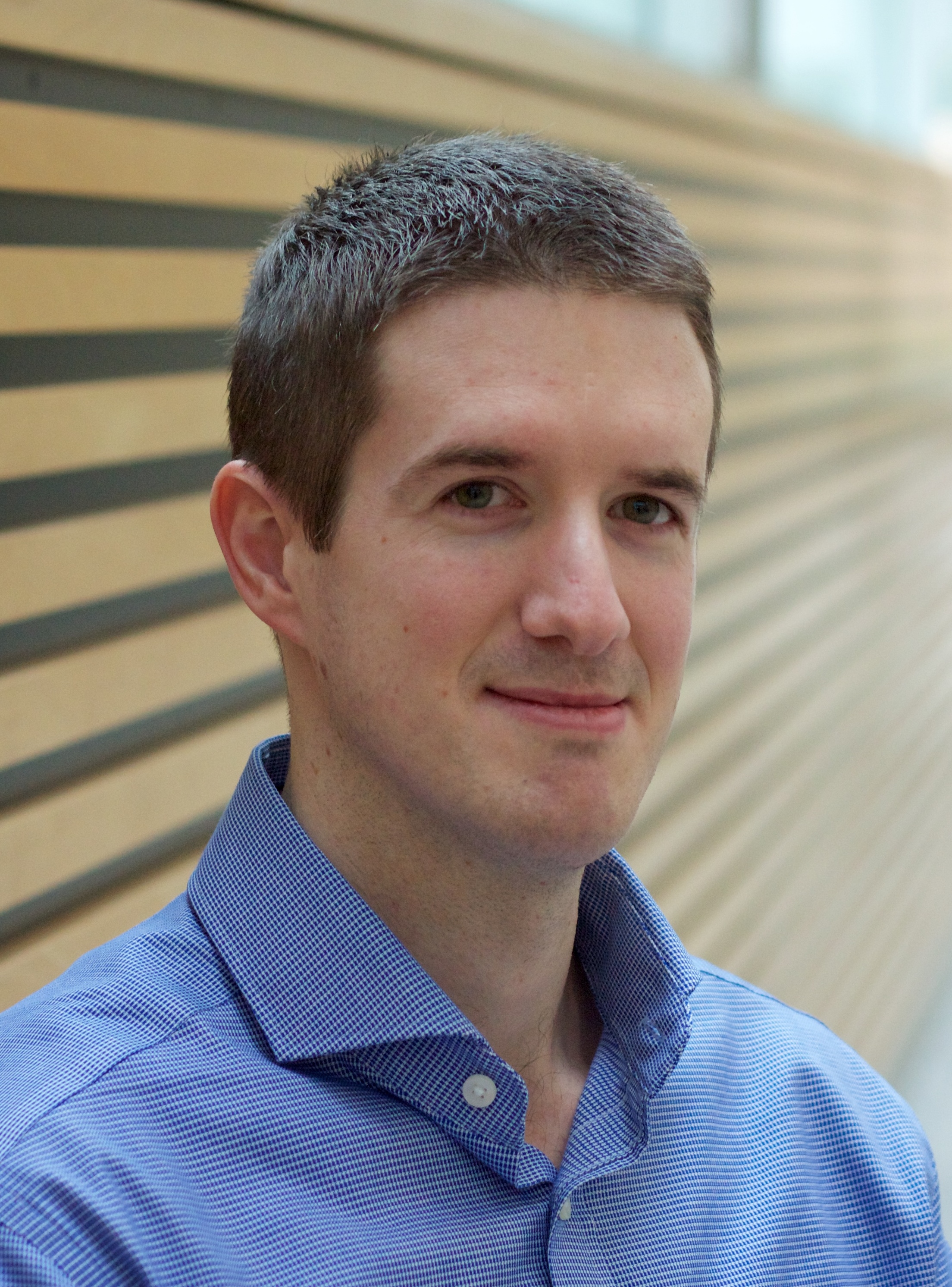 Metallic lightweight structures in ships: Reduced order models for analysis and global optimization
Metallic lightweight structures in ships: Reduced order models for analysis and global optimization
Speaker: Dr. Jasmin Jelovica, Assistant Professor UBC Mechanical Engineering, NSERC/Seaspan Industrial Research Chair in Intelligent and Green Marine Vessels (IGMVs)
When: Nov 2, 2023 | 12-1 PM
Where: CEME Building (6250 Applied Science Lane), room 2202
Zoom Details: https://ubc.zoom.us/j/67408995337?pwd=dTBxNDBEOWJVZ2RPZ2hyZjBMTHJhUT09
(Meeting ID: 674 0899 5337 | Passcode: 072654)
The Department of Mechanical Engineering’s Fall Seminar Series shares cutting-edge research by MECH faculty members.
Abstract:
Ship structural design is performed in a short period of time for each ship separately using prescriptive design codes. To enhance efficiency and minimize environmental impact, effective computational techniques for analysis and optimization are essential. This becomes particularly significant as we move towards advanced structural solutions, which are inherently more complex to model and understand. In this presentation, we will focus on a few of our recent works related to structural analysis and optimization.
Metallic sandwich panels featuring porous and prismatic cores are lightweight but susceptible to excessive vibrations. By re-formulating high-order shear deformation theory, we can perform vibration analysis using the straightforward generalized differential quadrature method. This allows easy optimization of material distribution, for example if foams are used in the core of the sandwich structures. These models rely on homogenized material properties representing intricate structural topologies. In the event of localized members losing stiffness due to excessive loads, nonlinear homogenized models should be employed. We have formulated these models to predict the ultimate strength of panels, using ship structures for demonstration.
Metaheuristic algorithms for global optimization can deal with non-convex design domains, discrete variables and nonlinear constraints. Typically, they require a substantial number of iterations to converge to a Pareto front. However, this can be expedited by adjusting their constraint-handling approaches. Leveraging knowledge sharing among solutions traversing constrained design hyperspaces can accelerate convergence and lead to the discovery of broader Pareto fronts. Our approach outperforms several state-of-the-art algorithms in addressing both generic problems and structural optimization of a cargo ship. This is where many reduced-order models come in handy for stress estimation and failure criteria assessment.
Biography:
Jasmin Jelovica obtained his B.Sc. and M.Sc. degrees in Naval Architecture from the University of Rijeka, Croatia, in 2008. He earned his Dr.Sc. degree in Naval Architecture from Aalto University, Finland, in 2014. After spending a few years at Aalto as a post-doctoral fellow and Assistant Professor of Teaching, he joined UBC in 2017 as Assistant Professor. Since 2020, he has been the NSERC/Seaspan Industrial Research Chair in Intelligent and Green Marine Vessels. He is leading the Laboratory for Structural Efficiency (LASE) at UBC.